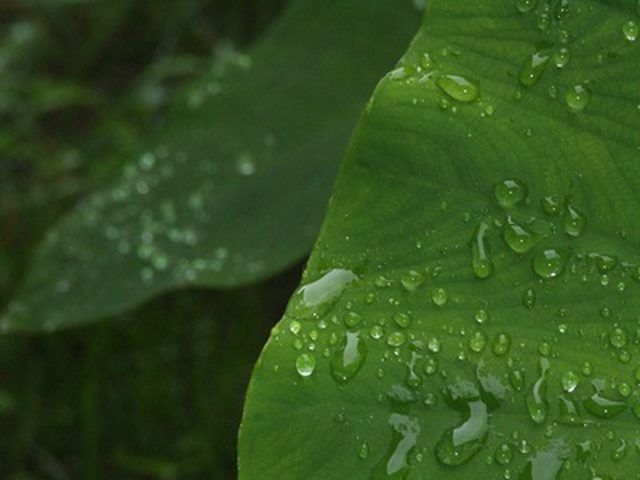Bulbs
Flower Basics
Flower Beds & Specialty Gardens
Flower Garden
Garden Furniture
Garden Gnomes
Garden Seeds
Garden Sheds
Garden Statues
Garden Tools & Supplies
Gardening Basics
Green & Organic
Groundcovers & Vines
Growing Annuals
Growing Basil
Growing Beans
Growing Berries
Growing Blueberries
Growing Cactus
Growing Corn
Growing Cotton
Growing Edibles
Growing Flowers
Growing Garlic
Growing Grapes
Growing Grass
Growing Herbs
Growing Jasmine
Growing Mint
Growing Mushrooms
Orchids
Growing Peanuts
Growing Perennials
Growing Plants
Growing Rosemary
Growing Roses
Growing Strawberries
Growing Sunflowers
Growing Thyme
Growing Tomatoes
Growing Tulips
Growing Vegetables
Herb Basics
Herb Garden
Indoor Growing
Landscaping Basics
Landscaping Patios
Landscaping Plants
Landscaping Shrubs
Landscaping Trees
Landscaping Walks & Pathways
Lawn Basics
Lawn Maintenance
Lawn Mowers
Lawn Ornaments
Lawn Planting
Lawn Tools
Outdoor Growing
Overall Landscape Planning
Pests, Weeds & Problems
Plant Basics
Rock Garden
Rose Garden
Shrubs
Soil
Specialty Gardens
Trees
Vegetable Garden
Yard Maintenance
Treatment for an Allergic Reaction to the Elephant Ear Plant
Treatment for an Allergic Reaction to the Elephant Ear Plant. Elephant ear plants contain very small, very sharp calcium oxalate crystals. If you come in contact with these irritating crystals, you could experience a reaction to them.

Elephant ear plants contain very small, very sharp calcium oxalate crystals. If you come in contact with these irritating crystals, you could experience a reaction to them.
Symptoms
If you touch the juice of an elephant ear plant, you could experience a burning sensation and swelling on the skin that came in contact with it. While it is more common for children or pets to chew the leaves of the elephant ear, if you do so, your reaction could include pain, difficulty swallowing, and swelling of your mouth and throat.
Treatment
Removing the irritants the elephant ear plant leaves behind will alleviate the reaction you experience. Rinsing your skin with warm water, then lathering it with gentle soap and rinsing once more will help. Rinsing out your mouth to remove all plant material will stop your reaction to it from worsening. Cool food like ice cream or apple sauce will help relieve your discomfort.
Considerations
Hydrocortisone cream can help relieve skin irritation and inflammation. If your reaction to touching the elephant ear plant gets worse, or if you experience difficulty breathing, go to the emergency room immediately, recommends the Children's Hospital of Philadelphia.